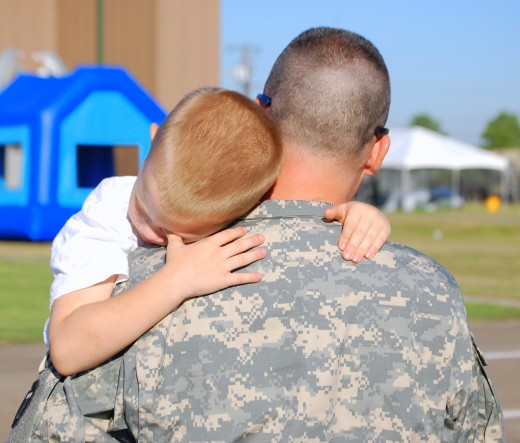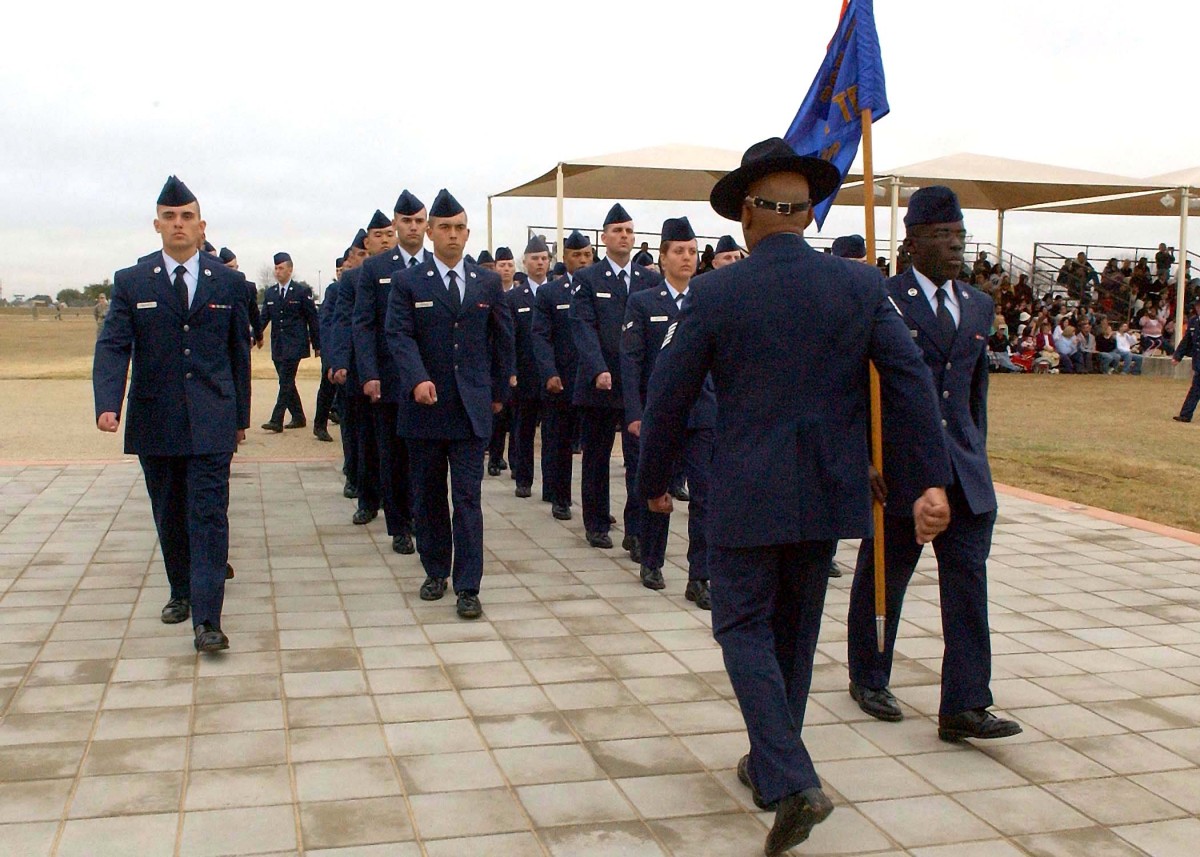When a Loved One Ships Out: Tips for Surviving a Deployment (Part 2)
When military men and women are deployed overseas, whether to a combat zone or not, the families left behind face unique challenges. As a military wife, I went through several deployments and now, as the parent of a service member, I’m going through them again..
I offer the following tips and insights to make the deployment a little less stressful and homecoming a little easier.

During the deployment
- Get involved and out of the house, especially if you don’t have children. Sign up for a class, get a hobby, take up a sport. I joined a bowling team when my husband went on his WestPac. I couldn’t bowl worth a darn but it gave me something to do once a week. Back in the day, it was tempting to stay home waiting for a phone call but with everyone having cell phones now, there’s no excuse not to get out.
- Focus on your kids, if you have them. Children are great at filling our time with their needs. But beyond the bath time and homework duties, help them understand why their mom or dad is gone and when they’ll be back. Use a calendar to mark off the days. If your kids are older, let them make video recordings of missed birthdays, holidays and anniversaries to send to their mom or dad.
- Meet with the other families. Whether it’s a potluck at a park for the whole family or just “girls’ night out,” it’s important to stay connected with others going through the same experience.
- Don’t listen to rumors or make gossip when you do get together. That only creates dissension as well as anxiety about events you not only have no proof of happening but that you can’t control. If you need reassurance, contact the unit’s Ombudsman or FRG.
- Send mail and care packages. Even with instant communication – Skype, email and cell phones – letters and cards are still cherished. They show you took the extra time to pick out the card or write the letter. Plus, they can be carried around in a pocket and read and re-read. Buy flat-rate boxes at the post office. For one price, you can pack as much as you can stuff into the box .

Homecoming
- Don’t have high expectations about the “perfect, romantic” homecoming. It doesn’t work that way. Your spouse is going to be tired from flying halfway around the world. It really won’t matter to him that you bought a new dress, he’ll just be happy to see your face.
- Expect to readjust your roles. Before he left, you each had certain duties and roles you filled. When he left, you worried if you could take care of everything. But you survived, grew stronger, more confident and more independent. It might be hard to give up some of that responsibility now but you no longer have to carry the weight of managing everything alone.
- Encourage your spouse to talk. With the US fighting more than one war, service members are more likely to see some combat. If you suspect your veteran is experiencing some symptoms of post-traumatic stress disorder, encourage him to seek professional help. While many fear an adverse notation in their service records, counseling no longer carries the stigma it once did.
These are just a few tips that can help spouses and family members make it through a months-long deployment. You can read about my own experience with deployments and about pre-deployment stress in Part 1.
More information and resources can be found at the government’s Force Health Protection & Readiness Policy & Programs.






